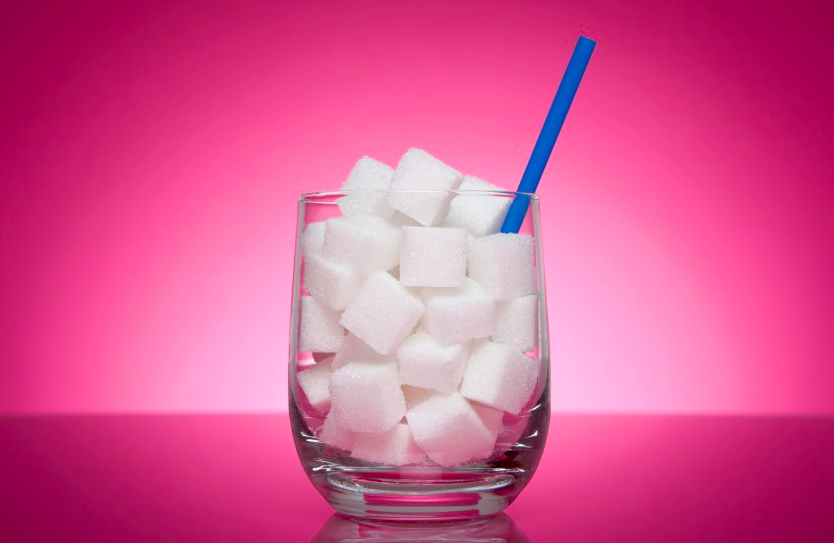Artificial sweeteners are often advertised as healthy alternatives to sugar. Well, it would seems that these sugar substitutes were in fact fewer calories than sugar. However, a new research claims that sugar substitutes could actually lead to extra pounds.
New research from the University of Manitoba in Canada, published in the Canadian Medical Association Journal, shows that replacing sugar with calories sweetener — products such as aspartame, sucralose and stevioside — contributes to the risks of many diseases, such as diabetes, high blood pressure, heart disease and obesity.

A team from the George and Fay Yee Centre for Healthcare Innovation (CHI) studied the connections between artificial sweetener and body weight by reviewing 37 studies, which followed a combined 400,000 people over an average period of 10 years.
The review showed no consistent evidence that low-calorie sweeteners helped people manage their weight. On top of that, the result extends previous meta-analyses that showed higher risks of Type 2 diabetes and hypertension with regular consumption.
“From all of this research, there really wasn’t firm evidence of a long-term benefit of artificial sweeteners. And there was some evidence of long-term harm from long-term consumption,” said lead author of the study, Dr Meghan Azad.

Some researchers surmise that the sweeteners disrupt a person’s microbiome, a collection of gut bacteria crucial for the absorption of nutrients. Regularly eating or drinking artificial ssweeteners may also cause people to crave sweeter foods more often.
It’s too early to completely avoid artificial sweeteners, still it’s advisable to cut back on any and all sweeteners.
“People need to be reducing their overall intake of sweeteners whether they have calories or not,” says Susan Swithers, a professor in the department of psychological studies at Purdue University who has also studied artificial sweeteners (but was not involved in the new study). “If we are consuming them appropriately it might not matter. If you are using a little bit, it’s probably not a big deal.”
Read also: Early and Late Menopause Increase Risk of Type 2 Diabetes
– Cover Image: MC2Charlotte.com









